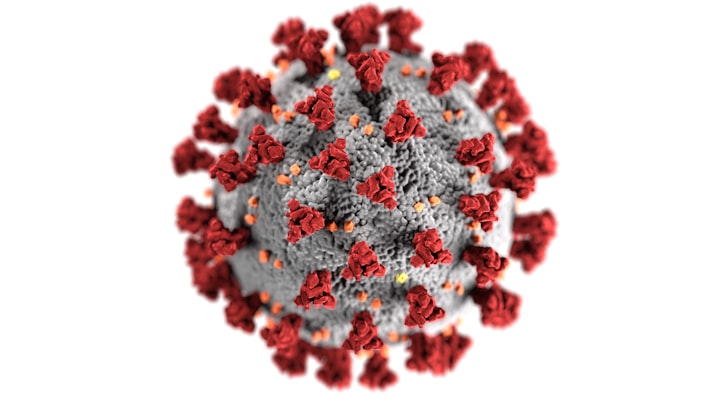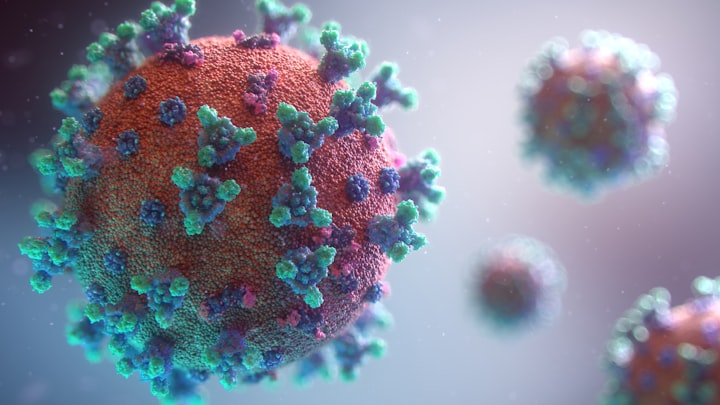South African scientists have used these mutations to speed up the monitoring of potential variants of these variables before completing a sample sequencing process to determine which variables have caused each test. Scientists fear that these changes may make the difference between birth defects and immune system disorders. This raises concerns that the virus is highly contagious or that it may avoid the effects of an immune response caused by previous vaccinations or infections.
However, when these systems take over the signal, we do not immediately get the epidemiological data we need to know all the implications a new option may have. If we could ensure that everyone has equal access to the goal and advance the global vaccination agenda, we would probably be delaying the emergence of new options like the ones we are seeing. Vaccines currently used in the United States were originally designed to fight the virus in the first place, although health officials say that these vaccines could eventually be modified, such as the annual flu, to cope with new strains.
Although the World Health Organization has identified Omicron as a cause for concern, the organization said the "first confirmed sample" of the virus was collected on November 9 and first collected in South Africa on November 24. Report to WHO. South Africa. The company that first reported Omicron to the WHO this week is facing a wave of new cases, some of which are people who have been infected before or vaccinated. Border spread. There are also reports of Omicron imports in Hong Kong and Israel. So far, the big difference in some options seems to be that the risk of re-infection with omicron may increase, in other words, people infected with COVID-19 are more likely to re-infect it.
This variant appears to have a large number of mutations in the coronavirus spike protein - about 30 - which may affect how easy it is to spread among humans. Although the virus is expected to mutate as new strains of the virus continue to spread, experts say Omicron has additional concerns. Health officials say Omicron has a different set of genetic mutations, which could give the virus a chance to launch a new wave of infection compared to the fast-growing Delta species. Delta reform is the cause of all conditions in the United States. . Scientists know that omicron is genetically different from its predecessor, which includes different beta and delta, but they do not know whether these genetic mutations make it more or less dangerous.
Scientists know that the omicron differs from other genes in the past, including the beta and delta variants, but they do not know whether this gene mutation makes it even more dangerous or less harmful. Although scientists say there is reason to be concerned about this, they point out that there is still much we do not know, including whether that choice is highly contagious, that it causes serious illness, or what it may be. be your result. depending on the implementation of the policy. Chopra expects the best information on the risks of this election to come out in South Africa next week.
Earlier this week, South African geneticists said that in addition to the unusually high number of genetic mutations, more than 30 were in a special protein, a structure used by the virus to attack invading cells. Peacock said the exception "may have originated in an infected person but was unable to eradicate the virus, allowing it to grow genetically," in a situation similar to what experts believe the alpha diversity, first discovered in England. - reappeared, transformed into a person without physical strength.
The country's health minister announced last week that elections had spread to many parts of the country. Immunity to vaccines may be less secure, which can lead to many post-vaccination infections that appear different when they occur. Fortunately, it is easy to duplicate the vaccine using mRNA technology. Some of the earlier options, such as beta, shocked scientists at first, but they were not widely accepted.
After the virus appeared, scientists named it B.1.1.529. Omicron also has distinct changes seen in other types of anxiety that have escaped physical defense based on COVID-19 survival or vaccination. . Scientists in South Africa and elsewhere quickly decided that Omicron could be more dangerous than other species such as Delta, including whether Omicron with an unusually high rate of genetic modification was easy to spread, or even better. ... Avoid COVID treatment and vaccine-induced vaccines, or they may lead to more serious infections. The World Health Organization states that because scientists around the world are trying to study its many mutations, it may take some time to fully understand the threat posed by omicron (a variant of the coronavirus). After South African scientists discovered a new species last week that seemed to be the cause of the latest epidemic, the stock market was in a coma, some public gatherings were canceled, and countries around the world suspended flights. The most populous province in the country.
On Friday, the WHO called the "troubling decision," which is a very serious word for COVID-19, and called it "omicron" as a last resort in the Greek alphabet. of origin and make it easier to understand. On Friday, the World Health Organization called it "the next option" and named it "omicron" in Greek letters. The World Health Organization on Friday identified the species, now known as Omicron, as the problem, and said that as advisers continued to pursue the election, in-depth research was underway.






Comments
There are no comments for this story
Be the first to respond and start the conversation.